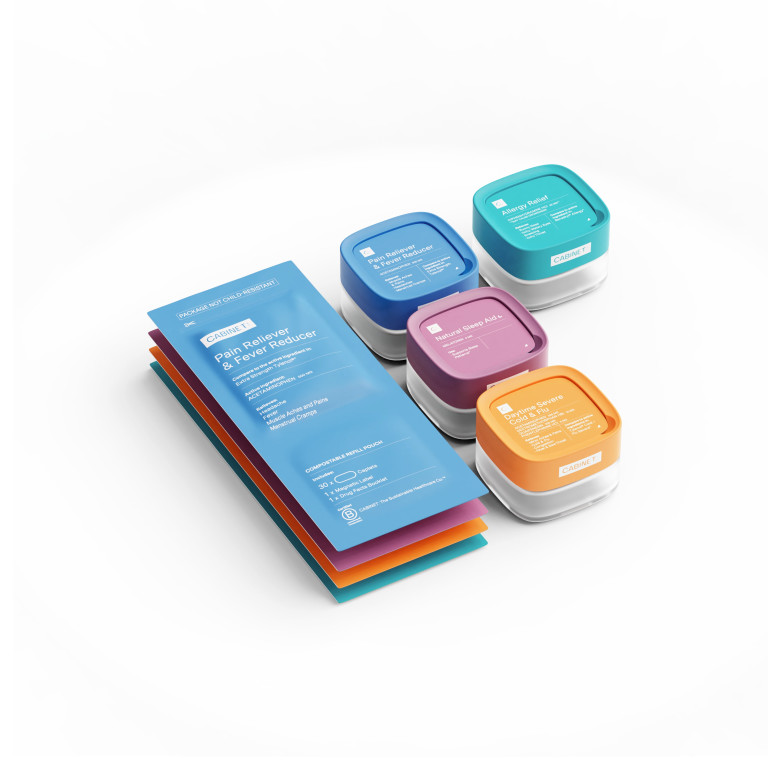The only treatment for celiac disease is a gluten-free life, which is why we at Cabinet made a commitment to the celiac and gluten-free community. We vow to not only to provide safe over-the-counter medication to the celiac community, but also to help spread awareness.
What Causes Celiac Disease?
First, in order for someone to have celiac, they must have one of the celiac disease genes. You can not have celiac disease if you don’t have one of the genes.However, just because you have a celiac gene doesn’t mean you have celiac disease (let’s not self-diagnose here). The gene has to be “turned on,” if you will.
To put this into perspective, about 30% of the population has one of the celiac genes but only 3% of those people will end up developing it.1 Something must activate this gene for you to have celiac.
What Activates the Celiac Gene?
Researchers aren’t exactly sure what activates the celiac gene. Despite this, based on what we know about other autoimmune diseases and epigenetics, there are some theories. Researchers believe that the following things may trigger the celiac gene:
Traumatic or stressful events
Viral infections
Gastrointestinal infections
Antibiotic use
For example, it’s posited that stressful events could trigger the celiac gene. These events could include things like pregnancy, birth, being robbed, or losing a loved one. Basically, things that would evoke a flight or fight response or intense emotions.
Another theory is that serious viral infections could trigger celiac.2 These infections could be anything from a serious bout of rotavirus to COVID-19.
Gastrointestinal infections (viral or otherwise) have also been suggested to increase the risk of the celiac gene being triggered. Think foodborne illnesses here.
Lastly, another key theory is that antibiotic usage could trigger celiac as well. There are two schools of thought here. One is that the antibiotics play into the gastrointestinal infections, and so the two together increase risk. The second is that there have been links between microbiome changes and the development of celiac. The microbiome refers to the “good” bacteria living in your body. Antibiotics work to kill all bacteria, good or bad, in the body. This could change the microbiome and potentially trigger celiac.
None of these theories have been proven, but it’s all we’ve got for now. What we do know for sure is that the gene must be turned on in order to develop celiac. Having the gene alone is not enough for a diagnosis.
Other Risk Factors for Celiac Disease
In order to develop celiac disease, you must have the gene and that gene must be triggered. While we know what some of the triggers might be, is there anything else that might put us at higher risk for celiac?
Yes, there are other risk factors for celiac disease. The following are things that may increase your chances of developing celiac3 if you have the celiac gene:
Having a family member with celiac
Having another autoimmune condition (like type 1 diabetes)
Certain genetic disorders (like Down Syndrome)
If you think you may have celiac disease, be sure to share those concerns with your doctor.
Can you Prevent Celiac Disease?
So you have the celiac gene, can you prevent it from being activated? Can you do anything to prevent celiac disease?
Short of living in a bubble, no. There’s no current evidence or treatment that will prevent the celiac gene from activating. The celiac genes activating are just a matter of chance.
The Bottom-Line
If you have celiac disease, know that you didn’t cause it. Developing celiac disease is not your fault and we’re here for you if you need support on your sick days. We’re open and honest4 about what’s in our medications, so rest assured, you’re safe with us.






